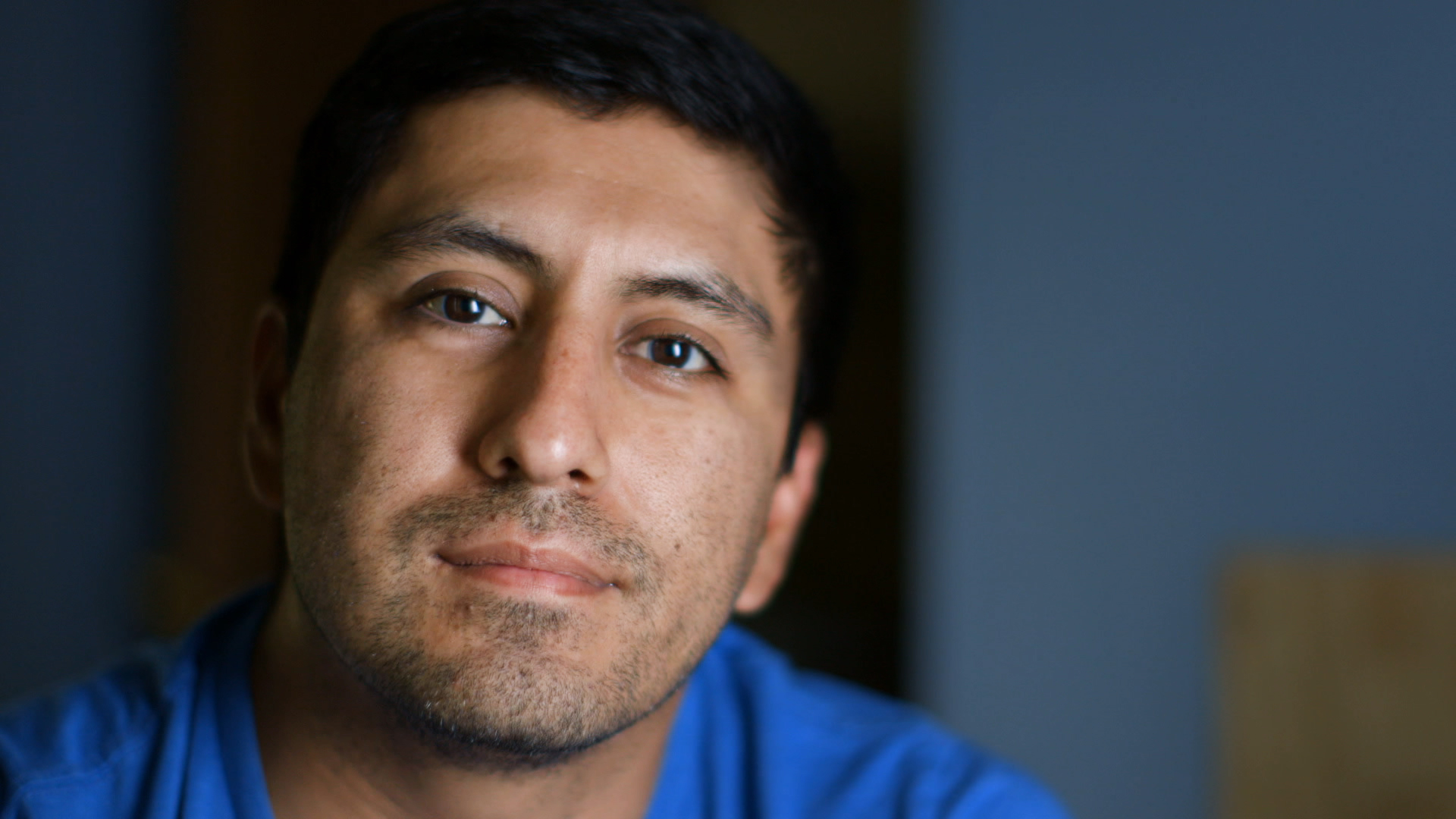Interview ‘The Sentence’ Director Rudy Valdez
Doc Shows Devastating Impact of Mandatory Minimum Prison Sentences

The Sentence, currently airing on HBO, is a heart-rending documentary by first-time director Rudy Valdez about the American criminal justice system and the devastating impact of mandatory minimum sentences. Cindy Shank, Valdez’s sister, who had no prior criminal history, made a youthful mistake: She fell in love and lived with a man who dealt cocaine. The boyfriend was shot and killed during a police raid. Shank was not initially charged, but several years later, after she had married and was raising her family, she was charged with conspiracy and convicted under federal statute and handed a mandatory minimum sentence of 15 years. Shank served nine years of the 15-year sentence in three different prisons. Valdez makes his sister’s ordeal personal — but at the same time universal — capturing the impact on her three daughters, her spouse, her brothers and her parents. Valdez and Shank spoke recently with the Santa Barbara Independent. What follows is an edited version of the conversation.
When I watched your film, I thought, this is a political film about America’s failed, endless War on Drugs, but you focus on the personal while also speaking to a universal experience. Was this a conscious choice on your part?
Yes, very much so. I wanted to make as apolitical a film as possible. I didn’t feel the need to attack either political party about the issue of mandatory sentencing or mass incarceration. There are people on both sides who understand that we have a problem. I wanted people to relate on a personal level more than a political level.
You never argued that Cindy was innocent of the charges against her, only that the sentence she received was Draconian.
By the letter of the law, Cindy was guilty. We accepted that. What I couldn’t accept or wrap my head around was the sentence she was given — a strictly punitive sentence that gave no consideration to the fact that she was a contributing member of society. She wasn’t a harm or danger to anyone. She had a family and a support system, but none of that mattered.
Every member of your family was affected by Cindy’s incarceration, but no one more poignantly than your father, a hardworking immigrant who loves his family above all else. Watching him on film is gut-wrenching.
The days that I filmed with my dad, those moments are etched in my brain for the rest of my life.
As you researched incarceration were you surprised to discover how significantly the population of female prisoners had grown in the space of three decades?
Yes, that was one of the things that really motivated the making of this film. Thousands of other women and their children and relatives are going through what our family went through. This is the huge social cost of our current sentencing policies.
Cindy was incarcerated in Illinois, and then she was moved to Florida and then moved again to Kentucky. Besides having to travel hundreds, and then thousands, of miles to visit her, what was the financial impact on your family of Cindy’s incarceration?
That’s one of the cruelest aspects of this system. We hear pundits talk about family values and wanting to reduce recidivism, but then someone like Cindy is moved thousands of miles from her family, her husband, her support network. When Cindy was in Florida, we could only afford for her to see her daughters once a year. Ironically, the first piece of mail Cindy received when she was out of prison was a bill from the federal government.
You filmed the moment Cindy walked out of prison, dragging her belongings in a plastic bag. Do you remember what you felt in that moment when your sister walked free?
Yeah, very vividly. My brother and I were sitting in the van, waiting; I was filming and I still feel the tension and anxiety. My brother started to cry when he saw Cindy; then he was out of the van and running toward her, and the first thing you hear is Cindy comforting him.
Cindy, do you remember what you felt?
I was hugging my brothers, and this time I knew they didn’t have to let me go.
Talk about how improbable it is for a prisoner to win clemency.
We should have bought a bunch of lottery tickets. The odds are astronomical. Even though my sister was granted clemency, for three or four months afterward I woke up almost every night in a panic. It took that long to believe that she was really free.
Cindy, you’ve been out of prison for nearly two years now. How are you doing?
I’m doing great. It was a struggle to acclimate myself, but I had a family and a life waiting for me. I’m happy. I’m working; I’m with my daughters, taking them to dance lessons and soccer practice. I’m just happy.



